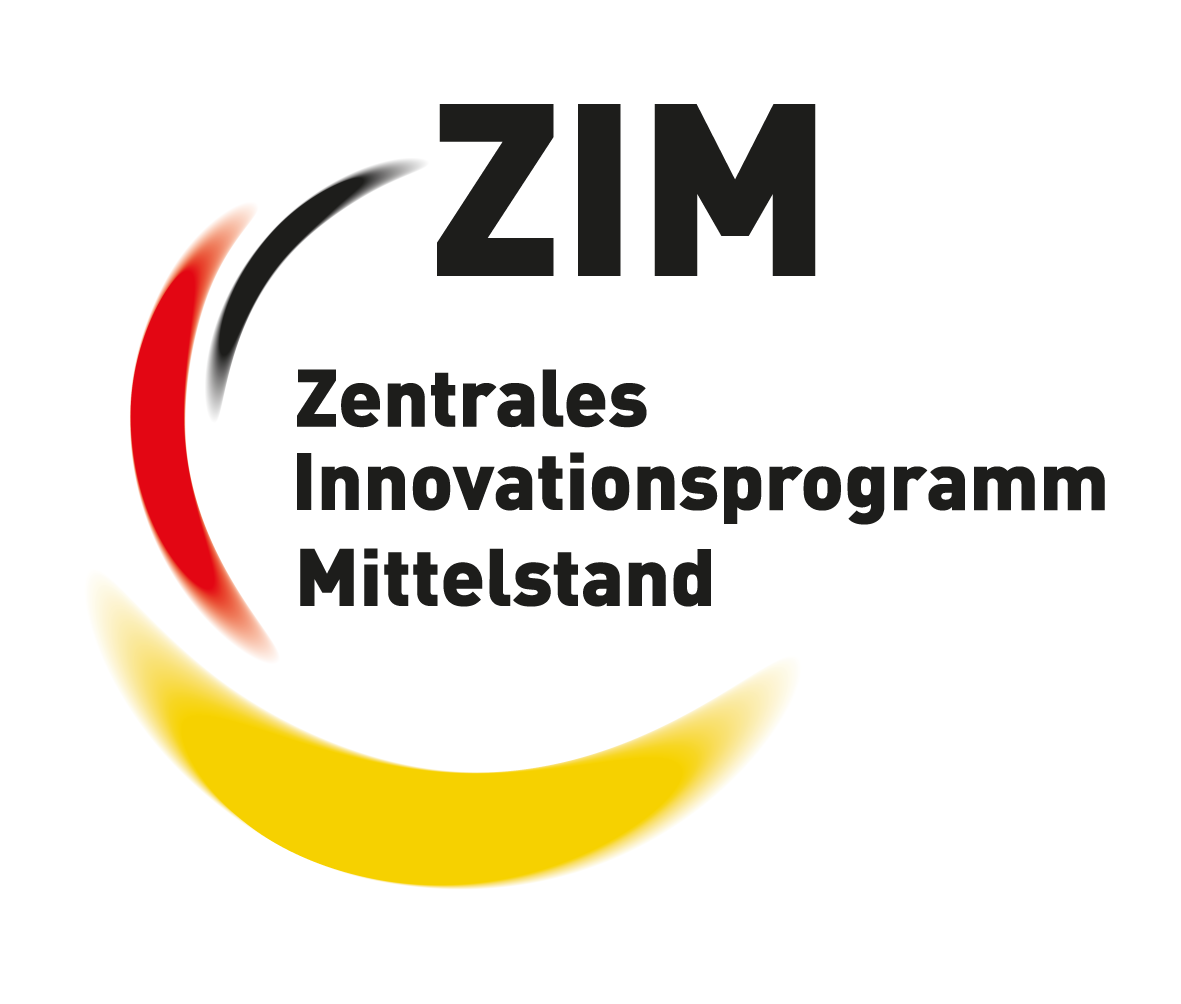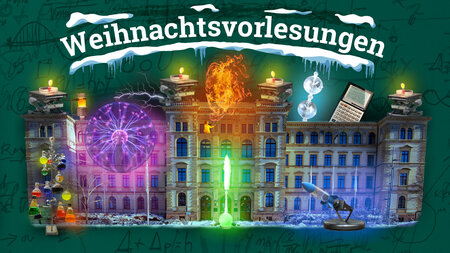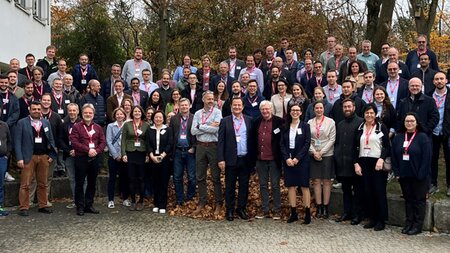FiRa-Expert – Self-learning expert system with operator assistance for the maintenance of filter systems in ventilation technology
The planning, design and construction of ventilation and air-conditioning systems are carried out in accordance with the energy specifications of VDI 3803-5 (replacement for VDI 2071), DIN 1946-6 - Ventilation of dwellings -, DIN EN 16798 - Energy evaluation of buildings - Ventilation of buildings (replacement for DIN EN 13779:2007-09) - and, at best, additionally in accordance with the hygienic specifications of VDI 6022. In addition, the utilisation phase of the systems is largely supported and secured by the operators through scheduled maintenance in accordance with VDI 2890 and VDMA 24186-1.
All previous procedures in the practice of production engineering as well as in supply engineering are based on "condition-based maintenance", i.e. the facility manager receives information about the wear behaviour from the monitoring system, but must make the decision about the time of action or filter replacement himself.
The aim of the present research and development project is to develop a prototype of a model-based monitoring (system) as a self-learning expert system, which issues recommendations for action for the facility manager in the form of an operator assistance. With these recommendations for action based on complex system-relevant information and taking into account the stored expert knowledge of the system developers, the operation of the system in the last few weeks and significant environmentally relevant parameters, the aim is to ensure that the wear reserve of the filters is used almost completely.
The system is designed as a self-learning expert system, which continuously improves itself on the basis of the values of the plant to be recorded for filter saturation in accordance with the service life model. Thus, an important contribution is made to the sustainable operation of filter systems in ventilation and air-conditioning technology, in particular to improving the use of the resources material and energy.
The project aims at the following:
- Development of a sustainability-oriented life cycle model
- Development of risk and sustainability indicators
- Simulations of dynamic time series as well as of restrictions and rebound effects
- Scenario analysis of variable environmental conditions and the associated risk and sustainability aspects
- Carrying out test series for the optimal design of the user interface
Project period: 01.02.2022 to 31.07.2024
Funded by the Federal Ministry for Economic Affairs and Climate Action based on a resolution of the German Bundestag.

Contact:
- TU Chemnitz - Tom Hunger (Tel. 38703) & Prof. Arnold
- GAD - Rico Pestinger






